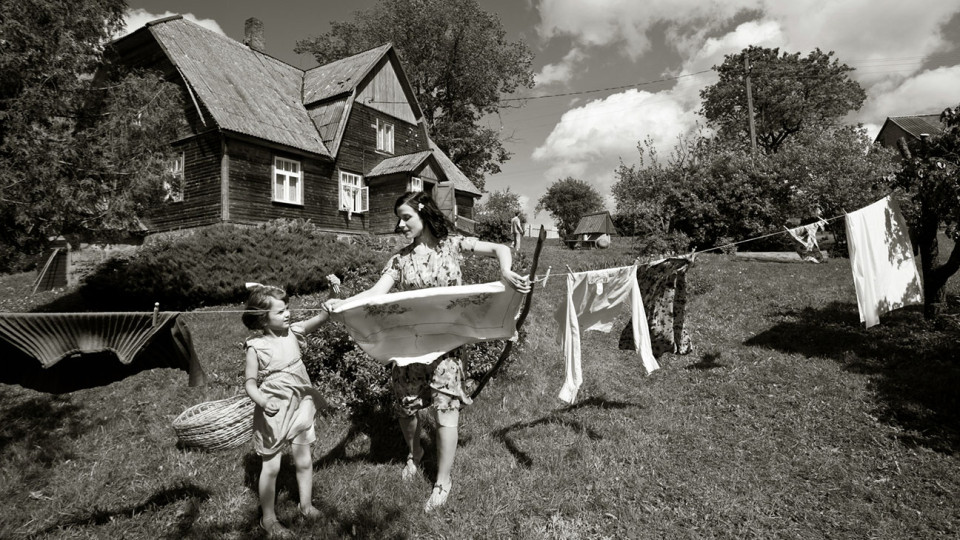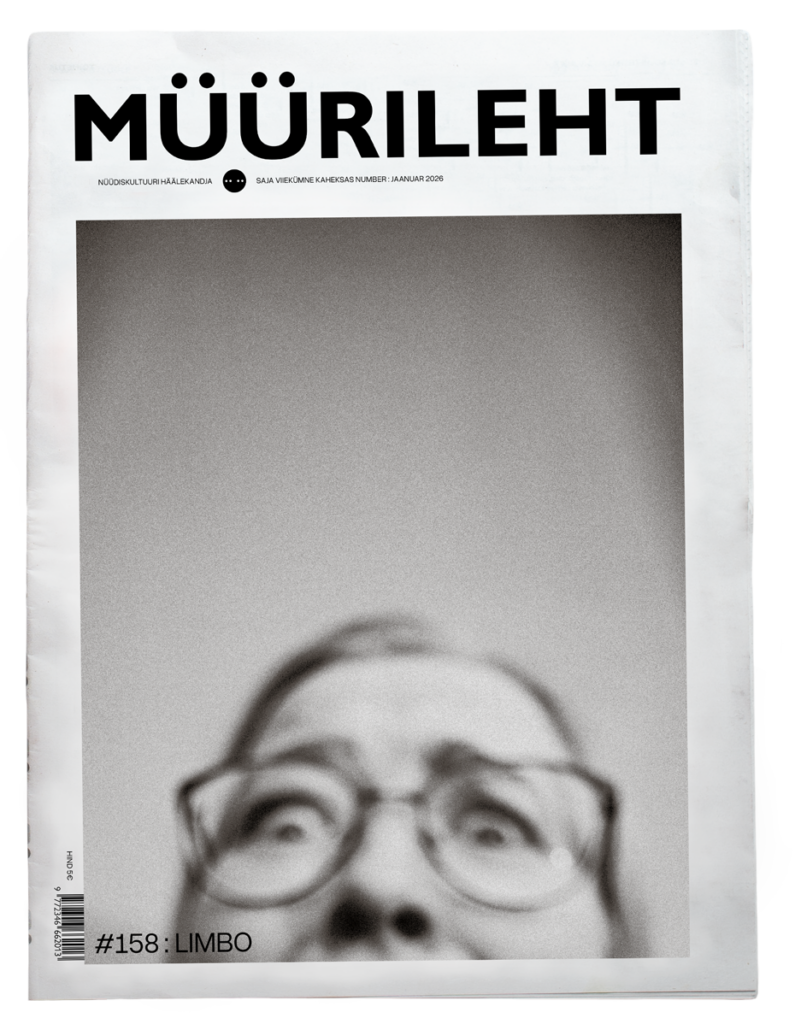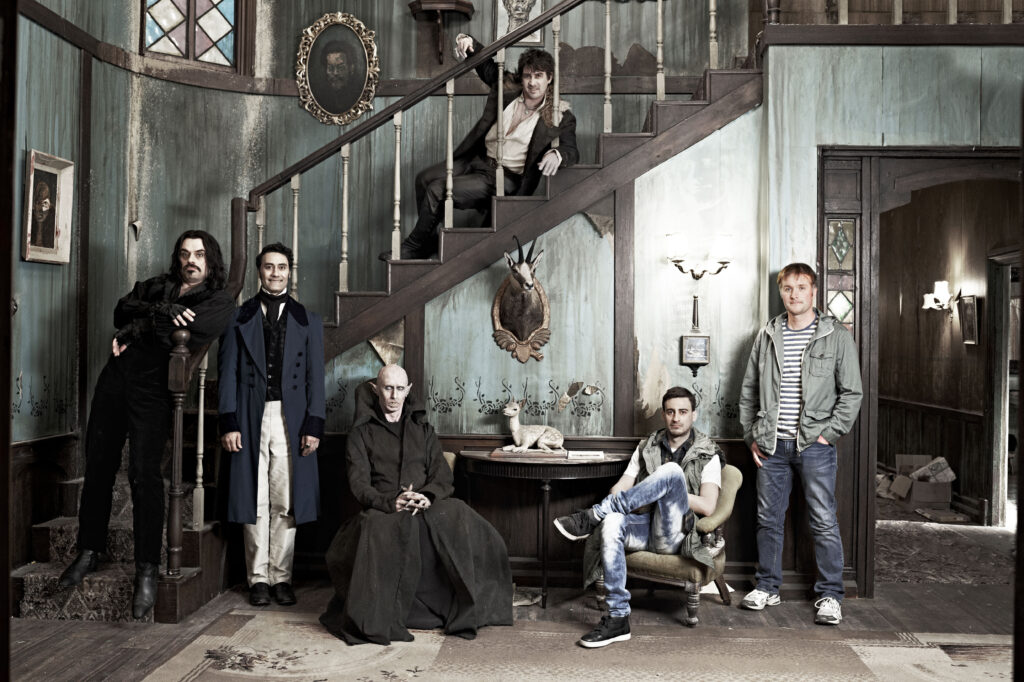“Risttuules” (Estonia, 2014). Directed by Martti Helde. Written by Martti Helde and Liis Nimik. Starring Laura Peterson, Ingrid Isotamm, Einar Hillep, Mirt Preegel, Tarmo Song.

“Where should one go after being robbed of everything that you have believed in and loved?” – asks herself Erna, the protagonist of Martti Helde’s first feature film. This stylish black and white picture, undertaking a difficult historical topic, is one of the most artistically outstanding and mature films of the year – hard to believe it’s the director’s full-length debut.
The action is set in 1941 in Estonia, recently annexed by Russia. The plot revolves around massive deportation of the Baltic nations to Siberia and is illustrated by the off-camera voice. The narration is led by the letters, written by Erna from a Siberian kolkhoz, to her husband, staying most likely in a prison camp. Hoping to see her beloved again, the woman believes in his soon return. She writes deeply touching and poignantly honest letters, describing her life in exile.
“The loveliest years of my life passed as if standing still,” – Erna writes, and her emotions have direct reflection in the construction of the movie: images stiffen in time as soon as the Red Army knocks on the door of a calm Estonian homestead. The camera slithers amidst characters frozen in fear, solitude and pain, circling around and observing their faces from very close. An exceedingly detailed staging makes us follow its moves with involvement and curiosity. Sometimes, among these carefully arranged scenes, we can observe the curtain waving in the wind, a stem of cereal moved by air, or a subtle blink of an eye. When the lens turns back, people seem to move again. The sounds of daily life, heard against the background of Erna’s voice, push the action forward and stay as a quiet testimony of the unseen suffer. This audacious experiment creates a feeling of unavoidable fate, the lyrical realism of hard times, synchronizing movie’s shape and content. Black and white cinematography expresses a world despoiled of colors and is a sentimental comeback to the early forties.
“We’re living here in darkness, and lots of things looks different in night than they do in a daylight,” – daily life is put into simple words, and maybe that’s a hidden secret of this movie’s influential power. The off-stage voice of Erna sounds unusually true and unpretentious: life-and-death struggles, draining work, experiencing famine and lethal diseases are presented as daily occurrences. Even the acting – although it sounds absurd in a half-still movie – stands out with authenticity and commitment. Erna, played by incredible Laura Peterson, expresses a wide range of emotions, even though she’s just a statue for most of time.
“What is freedom worth, if you have to pay for it with solitude?” – the picture of a blooming apple tree, ribbon tied up around the waist and sounds of happy family return in letters frequently, presenting the homeland as a mythological land of eternal happiness. These make contrasts even more painful. Erna survives due to hope, which is finally taken away from her. The movie tells a story about unbreakable power of faith, which survives wars and brings the nations back on the political map of freedom.
“What evil have we, simple people, done to enormous Russia?” – in the recent annexation of the Crimea Erna’s question still sounds remarkably actual.



